Every year, the High Holy Days bring back a variety of memories, aromas and tastes from my favorite Israeli cuisine.
Thinking about food comes naturally when I look at the Rosh Hashanah table, or the seudat mafseket meal of Yom Kippur (the last meal before fasting) or the different meals that are served to the ushpizin (the holiday guests) on Sukkot.
From my first year in L.A., I was invited to many holiday events, which led me to a very interesting realization — American Jews celebrate the holidays a bit differently from what I know.
American Jews are more focused on the mitzvot (the required deeds) and on doing all they can to pass on to their families the right amount of Judaism, in order to make sure it will not be lost.
Also, almost every Jewish social event in the States quickly turns into an event that can help someone find a shidduch, a match. What Jewish mom wouldn’t want her son or daughter to find an appropriate shidduch in a place where Jews are a minority?
In Israel, on the other hand, Jewish traditions are almost taken for granted.
Because the Jews in Israel are the vast majority, Israelis are not surrounded by a diverse society. It’s not hard to find young Jewish singles, the food in the stores is always kosher, and the Jewish culture and tradition are deeply rooted in our country’s history and geography.
These facts allow us to pay attention to the small details and to take care of the “less important stuff” — such as having great food.
In other words, I’ve had some trouble understanding the food of American Jews.
When I arrived in Los Angeles, many of my friends took me to delis, thinking that I would like them. But so far I have not managed to like those huge sandwiches with their enormous mounds of meat and a big pickle on the side.
In addition to that, I had difficulty understanding why a bagel with a hole in the middle smeared with cream cheese with some salmon on top is a traditional Jewish food. It was healthy, and even nice, but not exactly my cup of tea.
I was looking in Los Angeles for more interesting food, and I most definitely found excellent cuisines with no connection to Judaism — especially Latin and Asian food.
However, I missed Israeli food, and I wanted to find food that reminds me of home. Everyone always told me, “In L.A., you can find everything!”
So where is the Israeli food?
Here, you can always find a decent hummus, baba ghanoush, shawarma or a falafel in a delicious pita bread, but true Israeli food — like that served in Tel Aviv, Haifa or Jerusalem — I found only when I was invited to eat at other Israelis’ houses.
Chraime, for example — a traditional Moroccan fish dish with spicy pepper sauce and challah bread served usually on Friday nights — is one of my favorites.
In Israel, and L.A. as well, it is usually the first dish and is served with a variety of salads and tahini.
A long time ago, this dish became something all Israelis eat, served in many homes here in L.A. and, of course, in Israel.
The same for the jachnun — a pastry served with hard-boiled egg, fresh tomato sauce and spicy zhug — which many Israelis eat on Saturday morning, even though it is associated with the Yemenite Jews.
Many even try to make it themselves at home — using a special pot that it can be baked in all night — and it has become so popular that today it is possible to order it in almost every Israeli restaurant.
One of the reasons for the culinary mix in Israel, in my opinion, is the conscription.
The Israeli army is a culinary “melting pot” — soldiers learn and try all of the different foods, and the Israel Defense Forces’ kitchens feature cuisine from a wide variety of cultures.
This is where I learned to eat gefilte fish and matzah ball soup, both dishes that are very far from my Mizrahi roots, and this is where the soldiers with Ashkenazi roots learn to eat chraime, my beloved Moroccan fish dish.
Israeli cuisine, after all, is a mix of all of the food eaten by Jews around the world. They brought it to Israel, where it went through changes and upgrades, and after surviving at least two decades in the holy country, it proudly became “Israeli food.”
Meanwhile, in L.A., the restaurants that in my opinion make the best “Israeli food” are the Lebanese restaurants.
There I have found the best kuba, falafel and hummus that are the closest to the source.
I am still waiting for the Israelis to come here to open authentic Israeli restaurants.
There are almost 300,000 Israelis in L.A., so when will it happen? I am not sure. Worst-case scenario, I will bring my mom here — I can promise you that she will be up to the job.
Elad Massuri is an Israeli-born journalist living and working in Los Angeles.







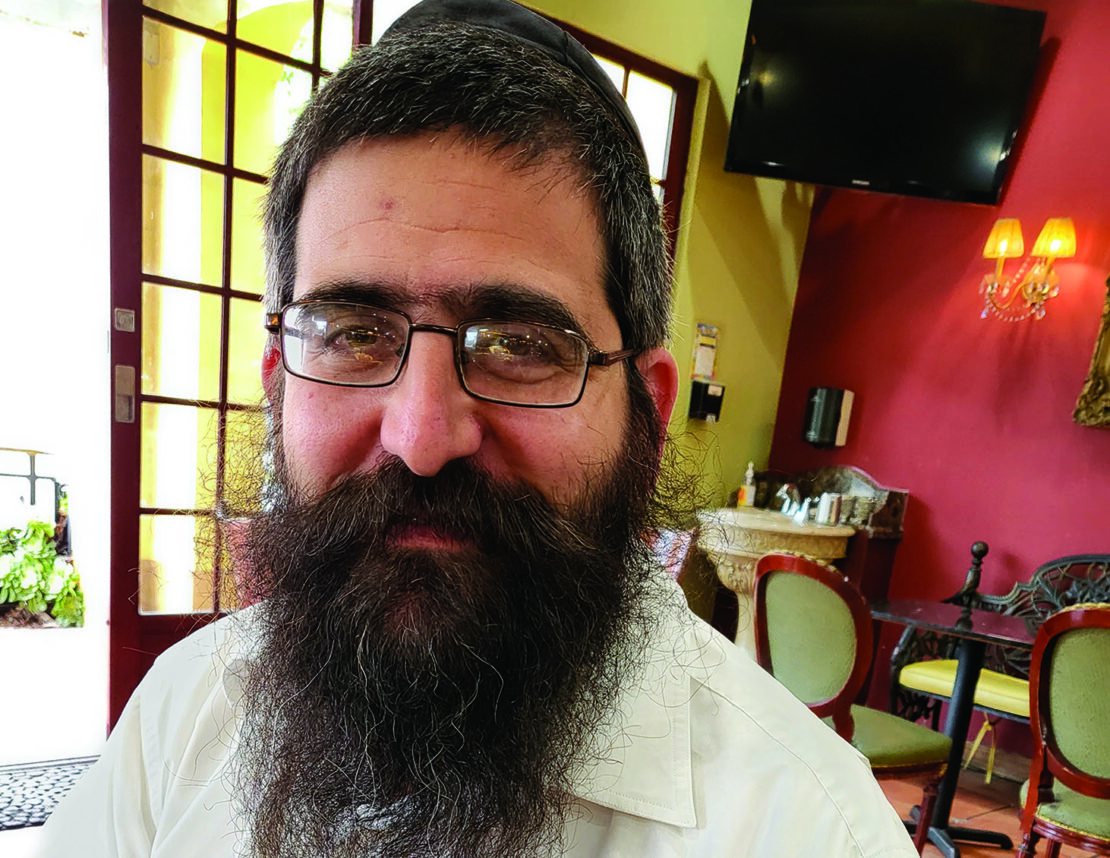


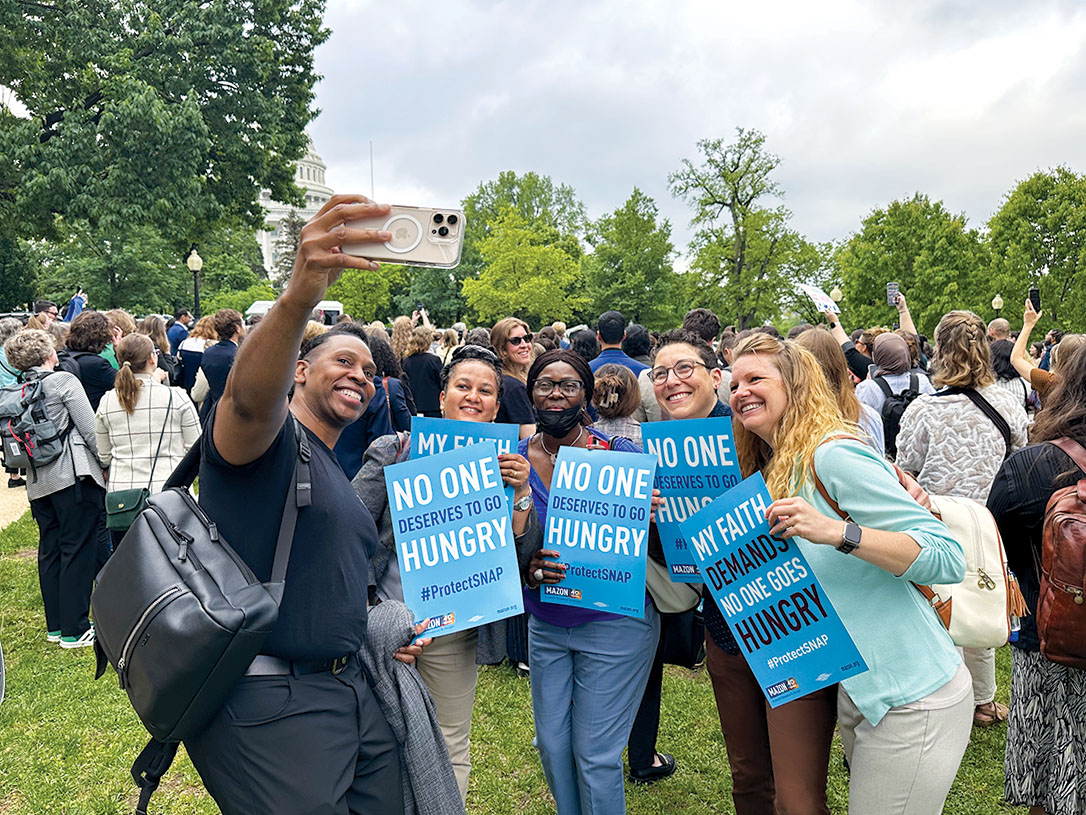
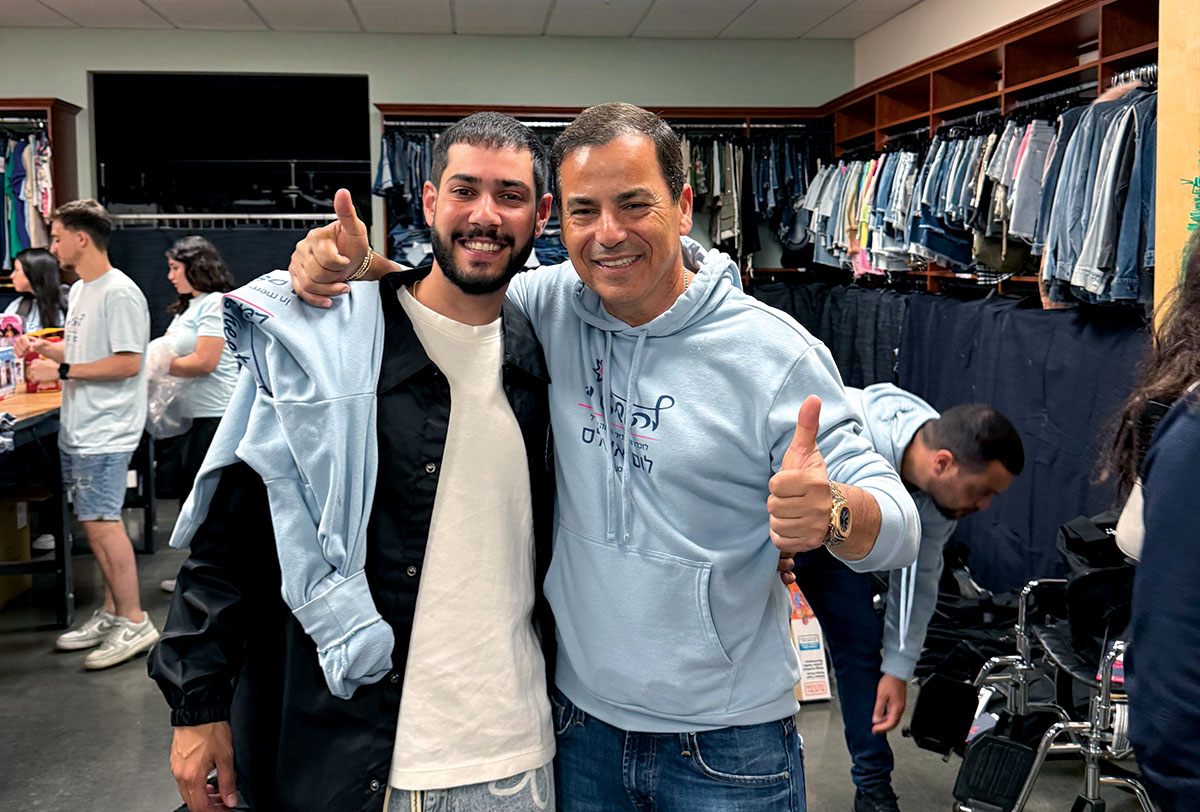

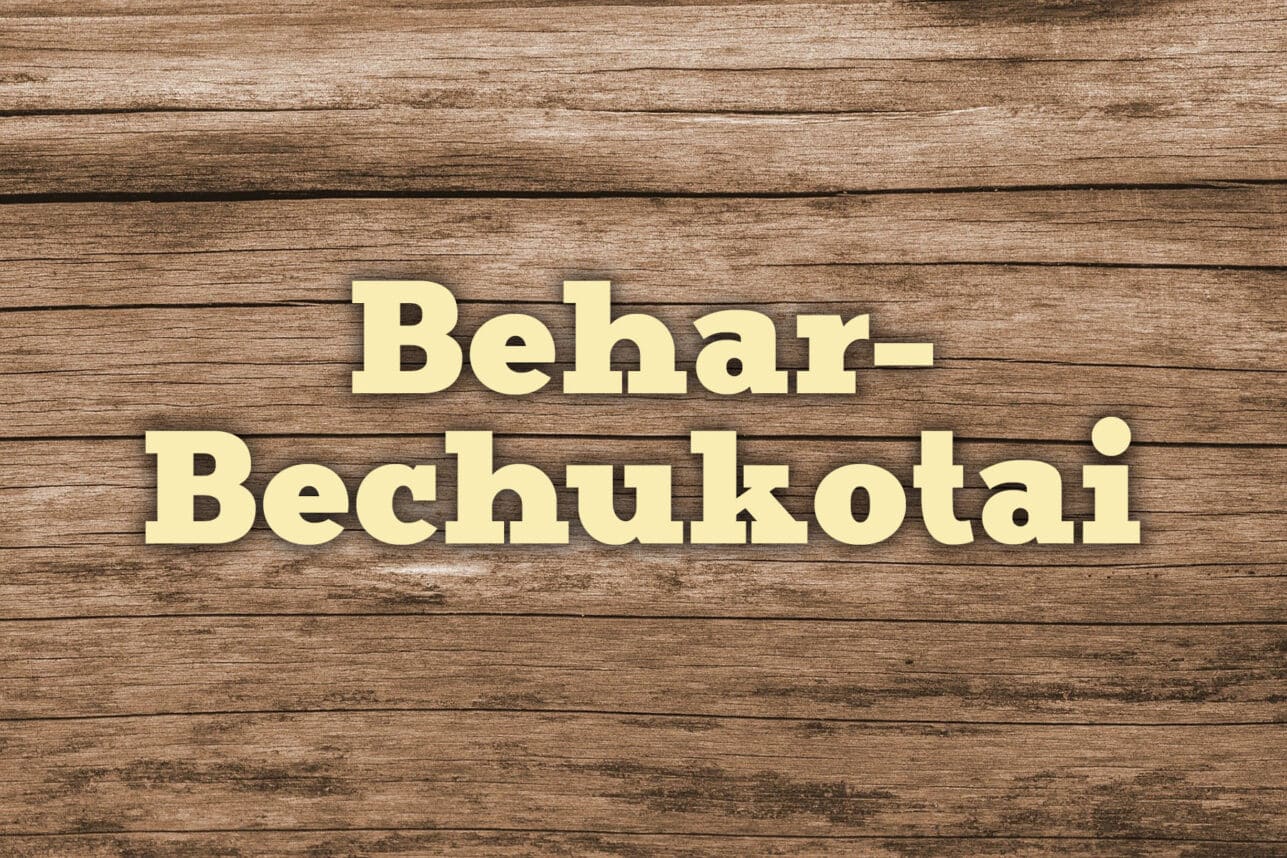


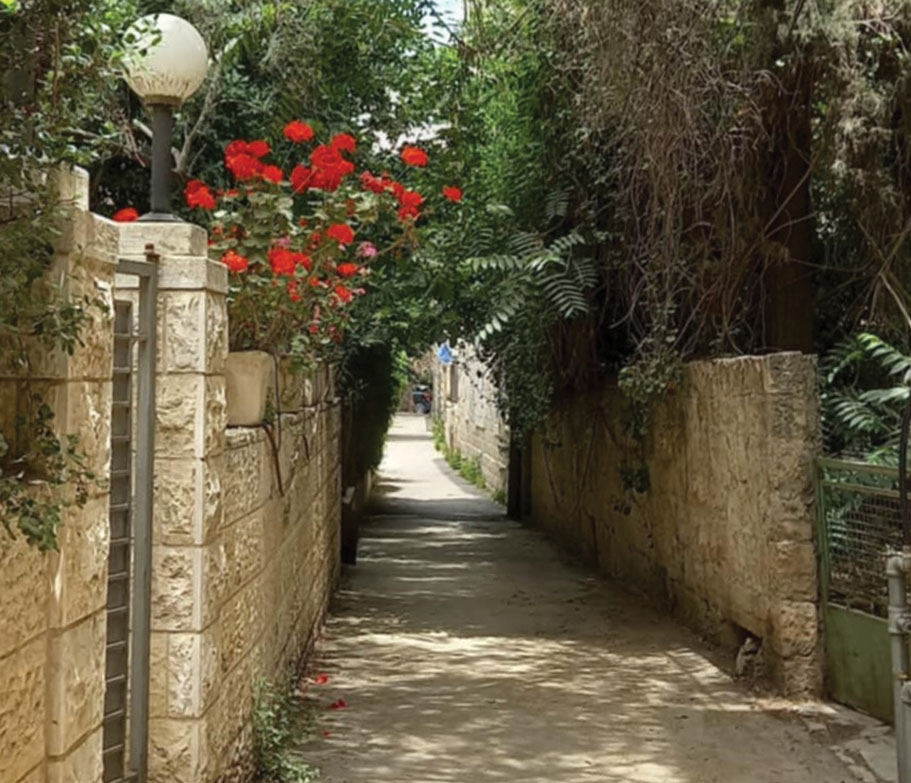



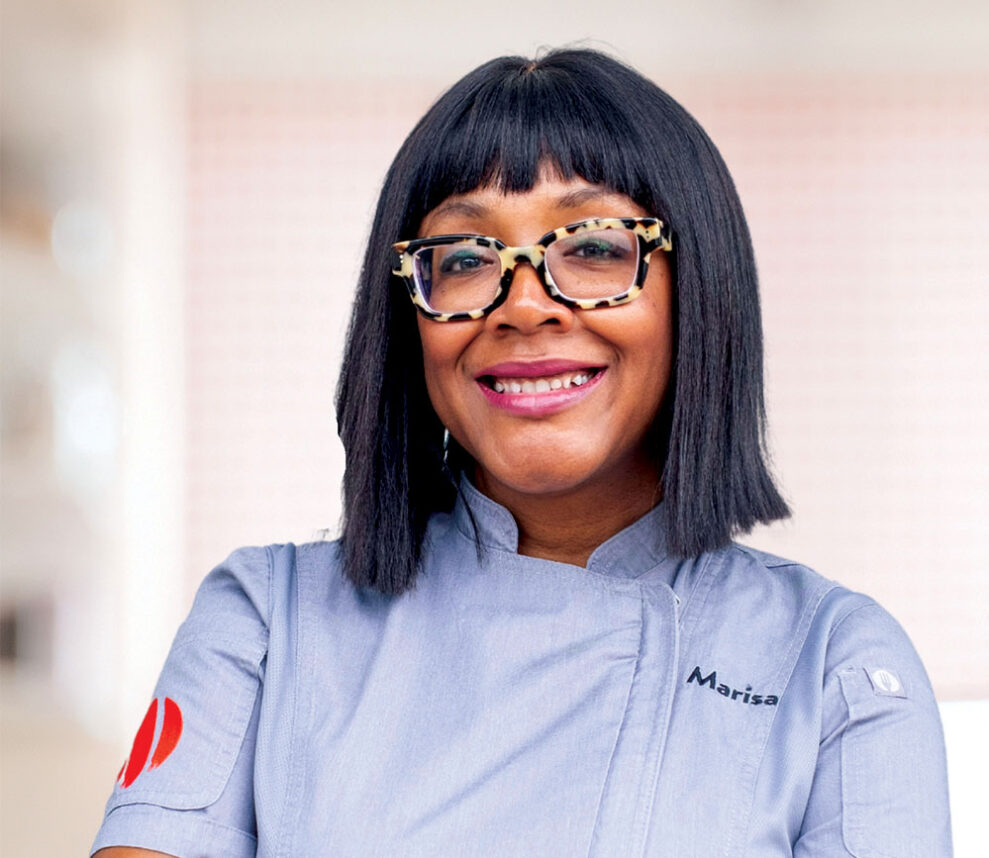


 More news and opinions than at a Shabbat dinner, right in your inbox.
More news and opinions than at a Shabbat dinner, right in your inbox.